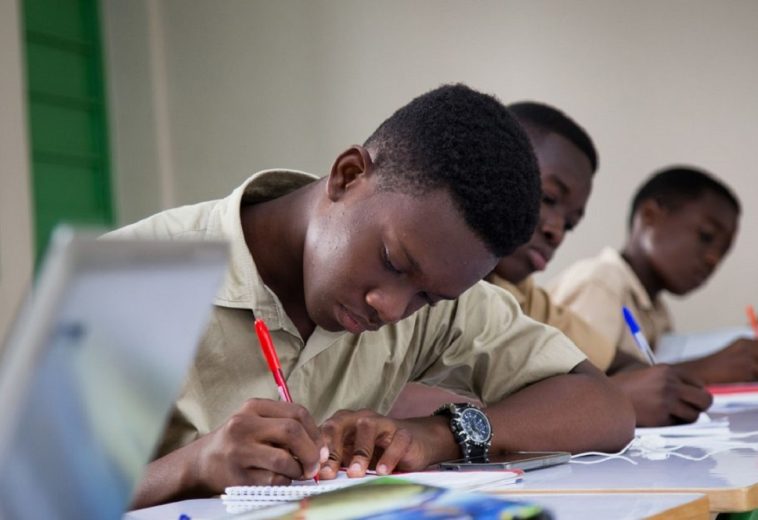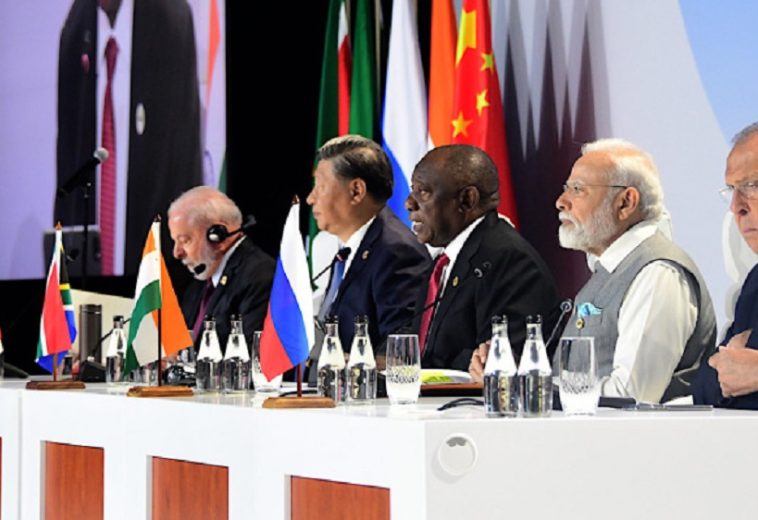Intra-Africa infrastructure is a vital area for the sustainable socio-economic development of the continent. Despite its significance, it has been underfunded for decades, leading to the underutilisation of the benefits that adequate infrastructure can offer. Increased funding is essential to overcome current challenges and maximise the advantages of regional connectivity.
The African Development Bank (AfDB) estimates that Africa needs between $130 billion and $170 billion annually for infrastructure development. This includes roads, railways, seaports, airports, and telecommunications. These infrastructures are crucial for enhancing connectivity, facilitating trade, and fostering regional integration within Africa.
To address these needs, the African Union’s Programme for Infrastructure Development in Africa (PIDA) aims to create a unified network of roads, railways, and energy grids across the continent. However, inadequate financing threatens the progress of this initiative, resulting in the abandonment of many projects.
A major challenge affecting connectivity in Africa is the fragmented and inefficient transportation network. Inconsistencies in road quality, poor maintenance, and inadequate border facilities contribute to delays and increased costs. The Trans-African Highway Network, designed to connect cities across the continent, currently has only 30% of its planned routes fully operational.
The rail system in Africa is another critical area suffering from a lack of funding. Outdated and poorly connected rail networks contribute to delays and constraints affecting intra-African connectivity. Modernising and expanding these networks could significantly reduce transport costs and boost trade. For instance, the East African Railway Network and its potential links to major ports like Mombasa and Dar es Salaam could enhance regional trade.
Energy infrastructure is also a major concern. Many African countries lack interconnectivity in their energy grids, leading to missed opportunities for resource sharing and supply stabilisation. Although the African Power Pool aims to establish a continent-wide electricity grid, financial constraints have delayed its implementation.
As the world experiences a technological evolution, Africa is not fully benefiting due to insufficient infrastructure. Rural and underserved areas often lack reliable internet access, limiting educational and business opportunities. Improving telecom infrastructure is essential for bridging the digital divide and promoting economic inclusion.
Funding for intra-African infrastructure projects requires collaboration between government bodies and private enterprises. Public-Private Partnerships (PPPs) can help address funding gaps by leveraging private sector expertise and investment, thereby enhancing project implementation.
Regional Economic Communities and organisations play a crucial role in facilitating funding and project execution. The African Development Bank (AfDB) has been instrumental in championing infrastructure development, while the East African Community (EAC) has played a significant role in coordinating projects and mobilising resources.
READ ALSO: A Spotlight on Mombasa-Nairobi Highway
Innovative financing mechanisms, such as green bonds, impact investments, and blended finance approaches, can attract additional investment and support sustainable development. Effective planning and prioritisation of infrastructure projects are crucial for optimising funding. Identifying high-impact projects and aligning them with regional development goals can ensure that investments deliver maximum benefits.
Intra-African infrastructure requires increased funding. Investments in roads, railways, ports, and telecommunications will enhance regional integration and foster sustainable development. Addressing these funding needs will enable Africa to better connect with other parts of the world, significantly contributing to the continent’s development and making it a more cohesive and active marketplace.




